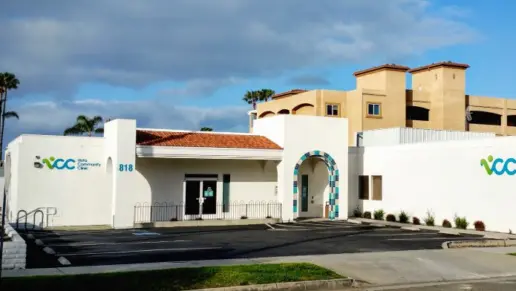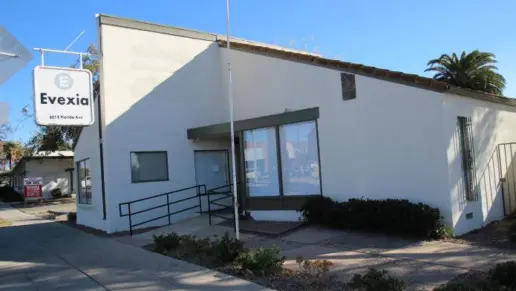About Clearview Treatment Programs
Clearview Treatment Programs is an addiction and mental health treatment facility in Venice, California. They provide residential and outpatient services to adults who are attempting to cope with mental health struggles, substance use disorder and dual diagnosis concerns. The facility doesn’t accept Medicare or Medicaid, but they do take Anthem Blue Cross and Kaiser. They also have specific negotiated rate agreements with insurance providers like First Health and Multiplan PPO policies.They’re also willing to work with patients who want to pay directly for their treatment at a private pay rate.
Interested patients will first undergo an assessment to determine if the clinic’s services are a good fit. Clearview Treatment Programs primarily offers treatment for substance abuse, PTSD, schizophrenia, borderline personality disorder, depression, bipolar disorder, anxiety and dual diagnosis. They offer acceptance and commitment therapy (ACT), cognitive behavioral therapy (CBT), and dialectical behavior therapy (DBT), as well as residential services.
One awesome thing to mention about Clearview is that the clinic has been nationally recognized as a leader in comprehensive DBT treatment for the past 20 years. Another notable feature is that Clearview is LGBTQIA+ affirming facility that offers gender inclusive mental health residential treatment. They also have specific residential programs that cater to women.
Another thing I like about Clearview is that their residential programs take a full body approach to health, considering the mental, emotional and physical aspects of recovery. They offer specific nutritional guidance education and recreational therapy options like gym outings, art therapy and mindfulness meditation. Even better, patients get to enjoy the peaceful scenery provided by Venice Beach.
Facility Overview
Latest Reviews
Rehab Score
Gallery



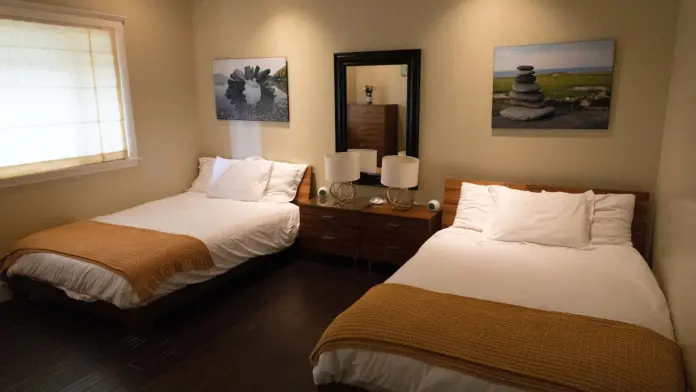


Location
Accepted Insurance

Other Forms of Payment
Self-pay involves paying for treatment out of your own pocket. You can use savings or credit, get a personal loan, or receive help from family and friends to fund your treatment. If you don't have insurance or your insurance plan doesn't cover a specific program, self-pay can help ensure you still get the care you need.
Military members, veterans, and eligible dependents have access to specific insurance programs that help them get the care they need. TRICARE and VA insurance can help you access low cost or no cost addiction and mental health treatment. Programs that accept military insurance often have targeted treatment focused on the unique challenges military members, veterans, and their families face.
Private insurance refers to any kind of healthcare coverage that isn't from the state or federal government. This includes individual and family plans offered by an employer or purchased from the Insurance Marketplace. Every plan will have different requirements and out of pocket costs so be sure to get the full details before you start treatment.
Addiction Treatments
Levels of Care
Treatments
The goal of treatment for alcoholism is abstinence. Those with poor social support, poor motivation, or psychiatric disorders tend to relapse within a few years of treatment. For these people, success is measured by longer periods of abstinence, reduced use of alcohol, better health, and improved social functioning. Recovery and Maintenance are usually based on 12 step programs and AA meetings.
Drug rehab in California teaches participants constructive ways to stay clean and sober. Treatment revolves around helping individuals stop using the substance they are addicted to and learn healthy habits to avoid relapse.
Many of those suffering from addiction also suffer from mental or emotional illnesses like schizophrenia, bipolar disorder, depression, or anxiety disorders. Rehab and other substance abuse facilities treating those with a dual diagnosis or co-occurring disorder administer psychiatric treatment to address the person's mental health issue in addition to drug and alcohol rehabilitation.
Opioid rehabs specialize in supporting those recovering from opioid addiction. They treat those suffering from addiction to illegal opioids like heroin, as well as prescription drugs like oxycodone. These centers typically combine both physical as well as mental and emotional support to help stop addiction. Physical support often includes medical detox and subsequent medical support (including medication), and mental support includes in-depth therapy to address the underlying causes of addiction.
Substance rehabs focus on helping individuals recover from substance abuse, including alcohol and drug addiction (both illegal and prescription drugs). They often include the opportunity to engage in both individual as well as group therapy.
Programs



Clinical Services
Trauma therapy addresses traumatic incidents from a client's past that are likely affecting their present-day experience. Trauma is often one of the primary triggers and potential causes of addiction, and can stem from child sexual abuse, domestic violence, having a parent with a mental illness, losing one or both parents at a young age, teenage or adult sexual assault, or any number of other factors. The purpose of trauma therapy is to allow a patient to process trauma and move through and past it, with the help of trained and compassionate mental health professionals.
Cognitive behavioral therapy in California is a method that therapists often use for the effective treatment of substance use disorders. It is based on the principle that substance abuse stems from unhelpful ways of thinking and patterns of behavior, which can be changed by helping the individual learn better ways of coping.
While participating in dialectical behavior therapy in California, you'll focus on four key areas of skill development: mindfulness, interpersonal effectiveness, emotion regulation, and distress tolerance. Treatment includes weekly individual and group sessions.
Family therapy offers a platform for members to have an open dialogue about the challenges that addiction has placed on the family unit. Through guided sessions, therapists can help families develop healthy communication skills and address unresolved issues. By working together toward a common goal, they help to support their loved one's sobriety.
For clients who are struggling with ambivalence toward change, motivational interviewing in California can help strengthen their commitment to change. Using a conversational method, the therapist helps you explore your motivations and empowers you to make the changes you desire.
Amenities
-
Gym
Staff & Accreditations
Staff
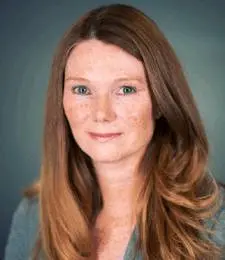
Group CEO
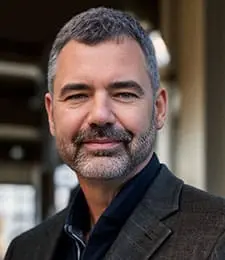
CEO
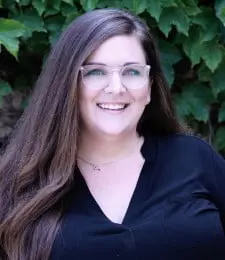
Director of Clinical Services
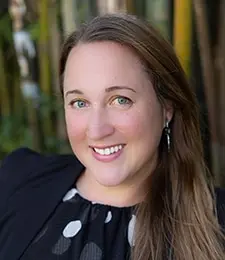
Clinical Program Consultant
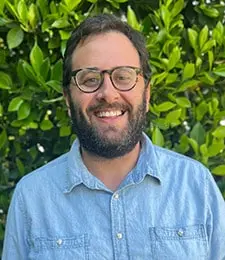
Medical Director

Director of Operations
Accreditations
Contact Information
911 Coeur D Alene Ave
Venice, CA 90291









